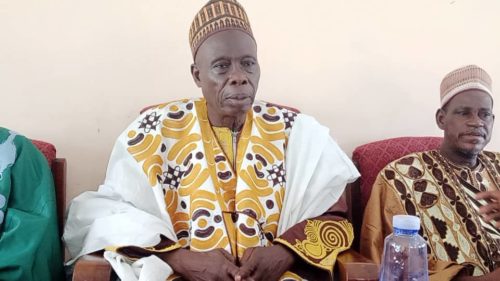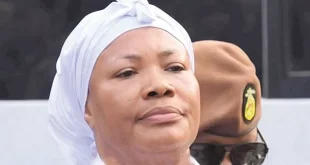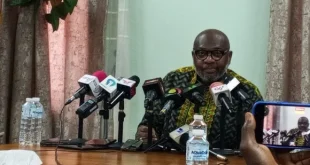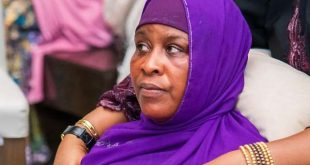The development gap in Zongo Communities will be addressed in the upcoming days by Zongo chiefs from the Eastern Region’s Akyem Abuakwa Traditional Council.
Zongo chiefs in communities have been advised to develop areas of need by brainstorming and creating a thorough strategy.
It was time for Zongo leaders to put aside their narrow-minded and sectional interests and work together to offer a long-term master plan that would support the growth of Zongo communities, according to Sarkin Alhaji Abubakar Omar, President of the Akyem Abuakwa Council of Zongo chiefs, who made the plea.
This was the only way, he said, to stop politicians from ignoring Zongos.
Alhaji Omar who doubles as vice president of National Council of Zongo Chiefs made the revelation in an interview with Kaakyire Kwasi Afari at the second council quarter meeting held in Kyebi on Saturday, 14th July, 2024.

The Council meeting brought together Muslim Chiefs, Queen mothers and Imams from Akyem Abuakwa to discuss about welfare and challenges confronting Muslims and people’s living in Zongos and finally suggested solutions to help address the phenomenon.
Alhaji Omar, pointed out that the Council’s main focus should be the promotion of development agenda that will help elevate Muslim youth from their present state of hopelessness to a more secured and bright future.
To achieve these targets, the Akyem Abuakwa Council of Zongo Chiefs will soon establish various sector committees which will include, Finance, Education, Security, Sanitation, and Welfare among others.
The committees according to the president, will serve as implementers of the long term development plan and perform other oversight responsibilities as far as Zongo development are concerned.
Alhaji Omar Abubakar raised dissatisfaction with the Zongo communities’ lack of change and expressed hope that their development path could assist improve such locations.
In September 2023, the Zongo Chiefs’ Council of Akyem Abuakwa initiated an educational initiative to offer scholarships to deserving students in Zongo communities living in Abuakwa enclaves.
In addition, the establishment of social facilities for Islamic schools and economic support for Christian and Muslim businesses would be funded by the Educational Fund.
It is further highlighted that the Educational Fund has given priority to funding education for everyone as part of the Council’s larger goal to provide educational possibilities for Muslims.
Source: Ghanatodayonline.com/Kaakyire Kwasi Afari
 Ghanatodayonline.com News, Politics, Health, Education & More
Ghanatodayonline.com News, Politics, Health, Education & More




